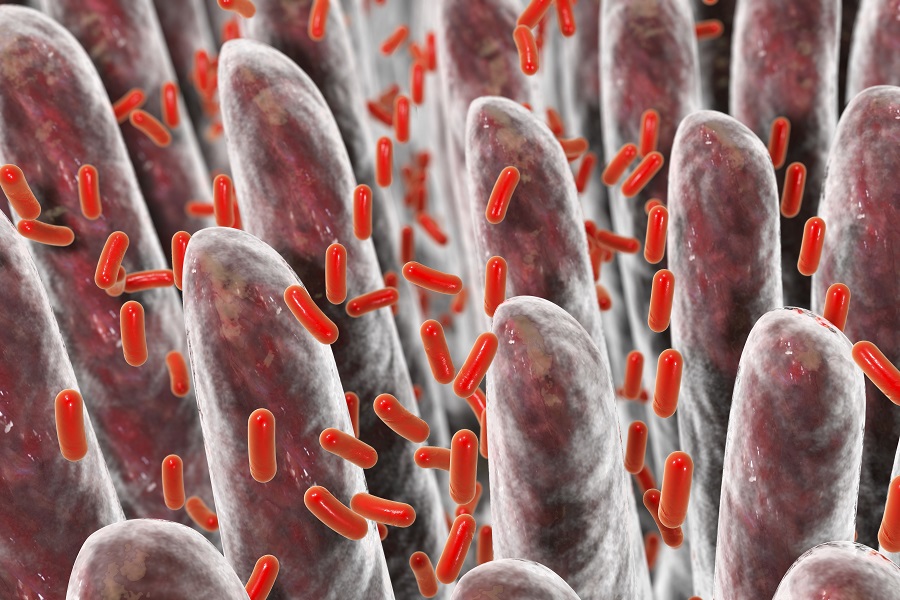

These include:Īdvanced age is associated with lower stomach acid and motility levels as well as higher levels of medications that might encourage SIBO. Overuse of certain medications can upset the normal balance of flora. These can be caused by gastrointestinal diseases or by complications of surgery. Structural problems in the small intestine can inhibit motility and the regular clearing of residual bacteria and create extra nooks and crannies for bacteria to accumulate. This allows the small intestine bacteria to continue to multiply, while the large intestine bacteria may make their way into the small intestine. Small intestine dysmotility means that waste is retained for too long in the small intestine before emptying into the large intestine.

Factors that may reduce your stomach acid levels include: Low stomach acid (hypochlorhydria) reduces the body’s ability to moderate bacterial growth. You may experience some or many of these, depending on the severity of your condition: SIBO symptoms can resemble a variety of other gastrointestinal conditions, and often another condition has contributed to SIBO. SIBO isn’t often directly tested for, and even when it is, the tests available are imperfect. Mild cases may be asymptomatic, while moderate cases feature many non-specific symptoms that overlap with other conditions, such as IBS. Doctors assume that SIBO is generally underdiagnosed. The prevalence among healthy people is unknown. Some studies indicate that up to 80% of people with irritable bowel syndrome ( IBS) have SIBO. Over time, vitamin and mineral deficiencies can cause lasting damage to your bones and nervous system. The result is a variety of gastrointestinal symptoms in the short term, and malnutrition in the longer term. All of this leads to poor digestion of fats and poor absorption of nutrients, especially calcium and fat-soluble vitamins. The bacteria also consume proteins and vitamin B12 meant for us, and bile salts that are supposed to be there to help you digest fats. More bacteria can mean more gas and other byproducts, which often triggers diarrhea. How does SIBO affect my body?īacteria in the small intestine digest carbohydrates and convert them into gas and short-chain fatty acids. If this mechanism is slowed or impaired, the bacteria in the small intestine have more time to breed, and the bacteria in the large intestine may begin to creep upward. The emptying of food contents from the small intestine into the large intestine is another important cleansing mechanism. Different conditions can inhibit these chemical functions. Gastric acid, bile, enzymes and immunoglobulins are some of the chemicals that control bacteria in the small intestine. For SIBO to occur, one or more of these functions must be failing. Your body maintains the balance of flora in your gut through a complex network of chemical and mechanical functions. The wrong bacteria can overwhelm the beneficial bacteria that you need to be there, and they can upset your digestive system by feeding on products that aren’t meant for them.

It’s normal and healthy to have bacteria living in your small intestine, but too many can cause problems with your digestion - especially if they're the wrong kind. It means that the bacteria that live in your small intestine are overgrown and the things that normally maintain balance among your gut flora aren’t working.

SIBO stands for “small intestinal bacterial overgrowth”. What is SIBO (small intestinal bacterial overgrowth)?


 0 kommentar(er)
0 kommentar(er)
